In recent developments, both large and small broadband provider associations have joined forces to oppose New York’s requirement that they offer internet services for just $15 per month.
This decision comes as the Second Circuit Court of Appeals upheld the state’s directive despite the industry’s objections.
In a joint statement, six telecom provider associations expressed their support for ensuring that all Americans have broadband access.
However, they also spoke of their disappointment over the court’s ruling, arguing that the mandated $15 rate is unnecessary given the industry’s competitive nature.
The associations contend that such price regulations will hamper the industry’s ability to offer a variety of affordable plans tailored to families’ diverse needs.
They maintain that while they support efforts to bridge the digital divide, government interference in pricing could stifle innovation and limit consumer choice.
Further to this, the associations wrote that “It not only discourages the needed investment in our nation’s infrastructure but also potentially risks the sustainability of broadband operations in many areas.”
The list of associations that made the statement is as follows:
- ACA Connects
- CTIA
- New York State Telecommunications Association
- NTCA—The Rural Broadband Association
- Satellite Broadcasting & Communications Association
- USTelecom

In the Joint Statement, the associations called on Congress to continue helping low-income Americans nationwide.
This likely refers to the Affordable Connectivity Program (ACP), which has been giving $30 per month to help cover internet costs for low-income families.
However, the ACP program is running out of money and is set to end in May.
New York state has passed a rule requiring broadband companies to offer a $15 internet option to low-income families. This rule was part of the state’s budget bill, and providers have 60 days to follow it.
The $15 internet service must provide speeds of at least 25 Mbps. A faster service of 100 Mbps is available for $20.
To qualify for this low-cost service, a household must have a member who receives discounted school lunches or SNAP benefits (commonly known as food stamps). Other criteria may apply.
Smaller broadband companies serving 20,000 households or fewer can be exempt from this rule if they can prove they’re facing financial difficulties. A report from Government Technology mentioned this exemption.
Stay tuned for further developments on this issue.







Add Comment